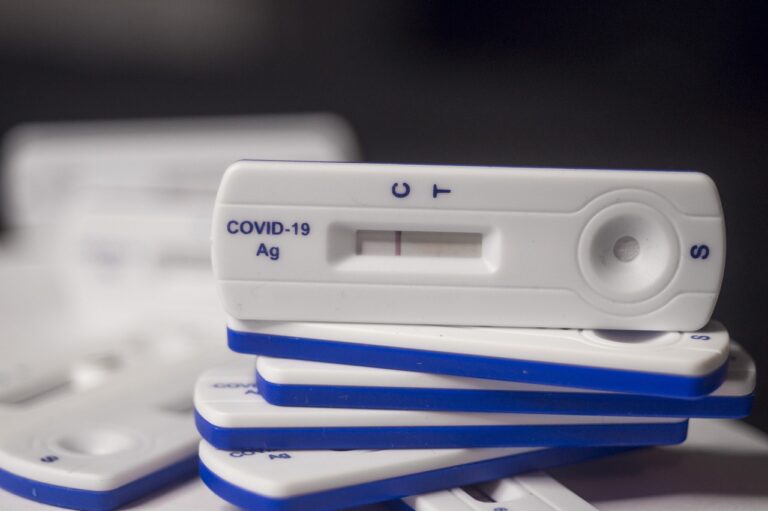Impact of Technology on Kidney Health Monitoring
Chronic kidney disease (CKD) affects millions of people worldwide with a significant impact on their overall health and quality of life. Early detection and monitoring of kidney function are crucial in managing the progression of this condition. However, traditional methods of monitoring kidney health, such as blood tests and urine samples, may not always provide a comprehensive assessment of the kidneys’ functioning.
In recent years, there has been a growing recognition of the need for improved monitoring techniques that offer a more detailed and real-time analysis of kidney health. Advanced imaging technologies, wearable devices, and innovative biomarkers are being explored as potential tools to enhance the monitoring of kidney function. By incorporating these cutting-edge approaches into routine clinical practice, healthcare providers can better identify early signs of kidney damage and tailor treatment plans to individual patients’ needs.
Challenges in Traditional Methods of Kidney Health Monitoring
Traditional methods of monitoring kidney health often rely on tests such as blood urea nitrogen (BUN) and creatinine levels. While these tests can provide valuable information, they may not always accurately reflect the overall health of the kidneys. For example, BUN levels can be influenced by factors such as diet and hydration status, leading to potential misinterpretation of results.
Additionally, traditional methods of kidney health monitoring may not always detect early signs of kidney disease. By the time changes in BUN or creatinine levels are noticeable, significant damage to the kidneys may have already occurred. This highlights the need for more sensitive and specific monitoring methods that can detect subtle changes in kidney function before irreversible damage occurs.
What are some challenges in traditional methods of kidney health monitoring?
Some challenges in traditional methods of kidney health monitoring include limited accuracy and precision, invasiveness of procedures, and lack of real-time monitoring capabilities.
Why is there a need for improved monitoring of kidney health?
Improved monitoring of kidney health is necessary to accurately track changes in kidney function, detect early signs of kidney disease, and provide timely interventions to prevent progression to more severe conditions.
How can new technologies help overcome the challenges in traditional methods of kidney health monitoring?
New technologies such as wearable devices, remote monitoring systems, and artificial intelligence algorithms can offer non-invasive, real-time monitoring solutions that improve accuracy, precision, and convenience in monitoring kidney health.
What are some potential benefits of utilizing innovative monitoring technologies for kidney health?
Some potential benefits of using innovative monitoring technologies for kidney health include early detection of kidney disease, personalized treatment plans, improved patient outcomes, and reduced healthcare costs associated with managing kidney-related conditions.





